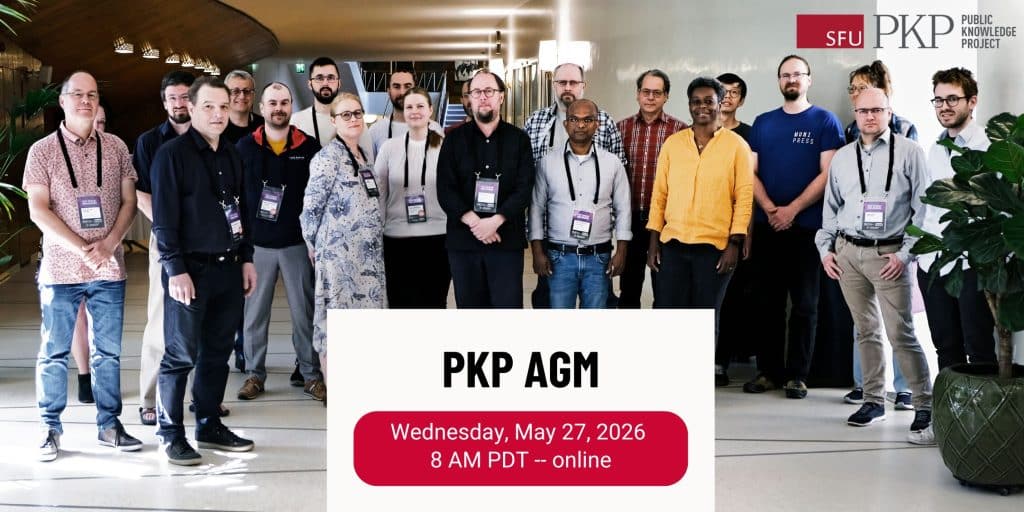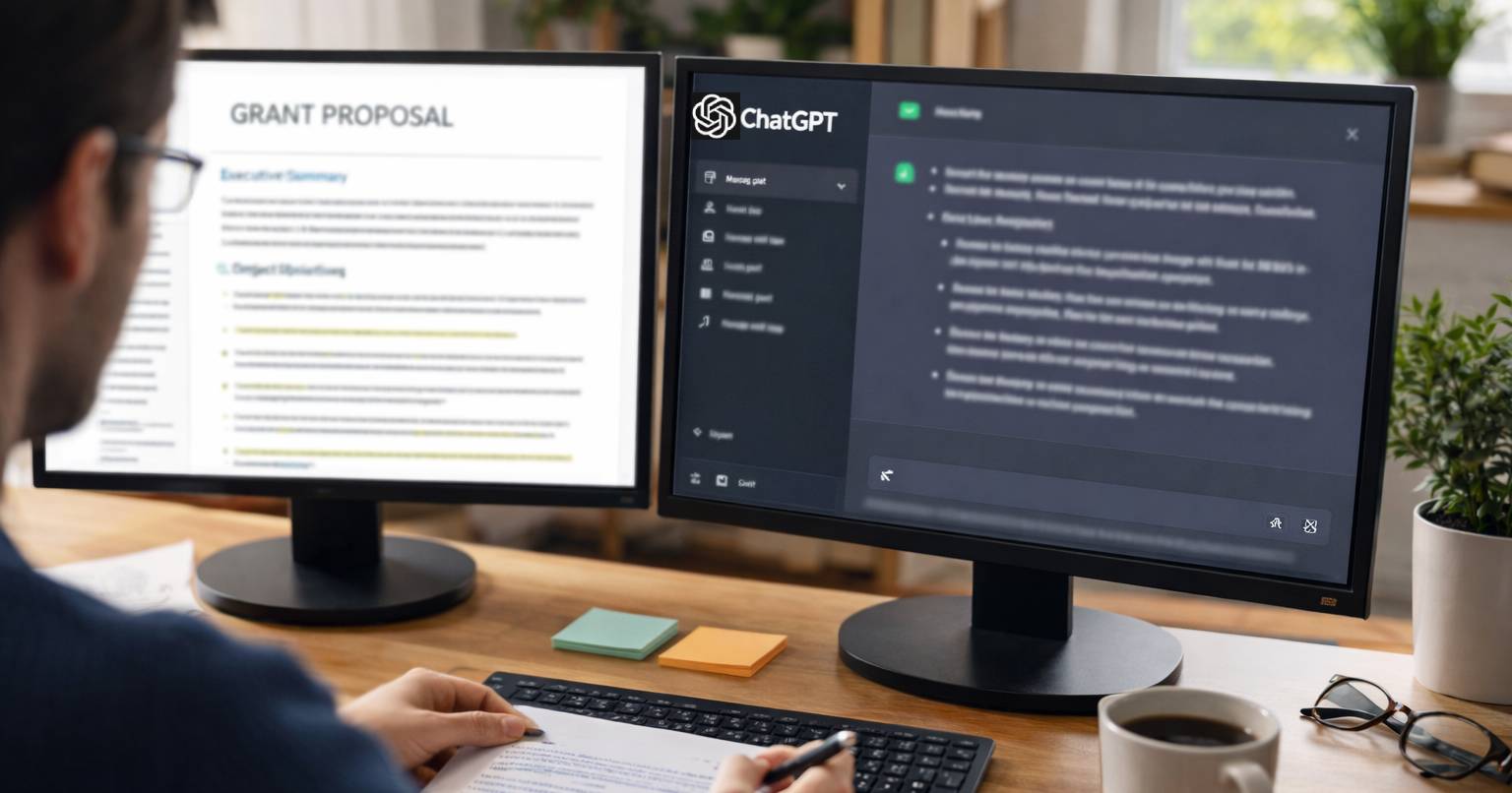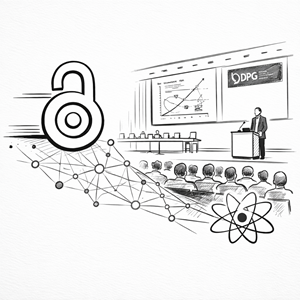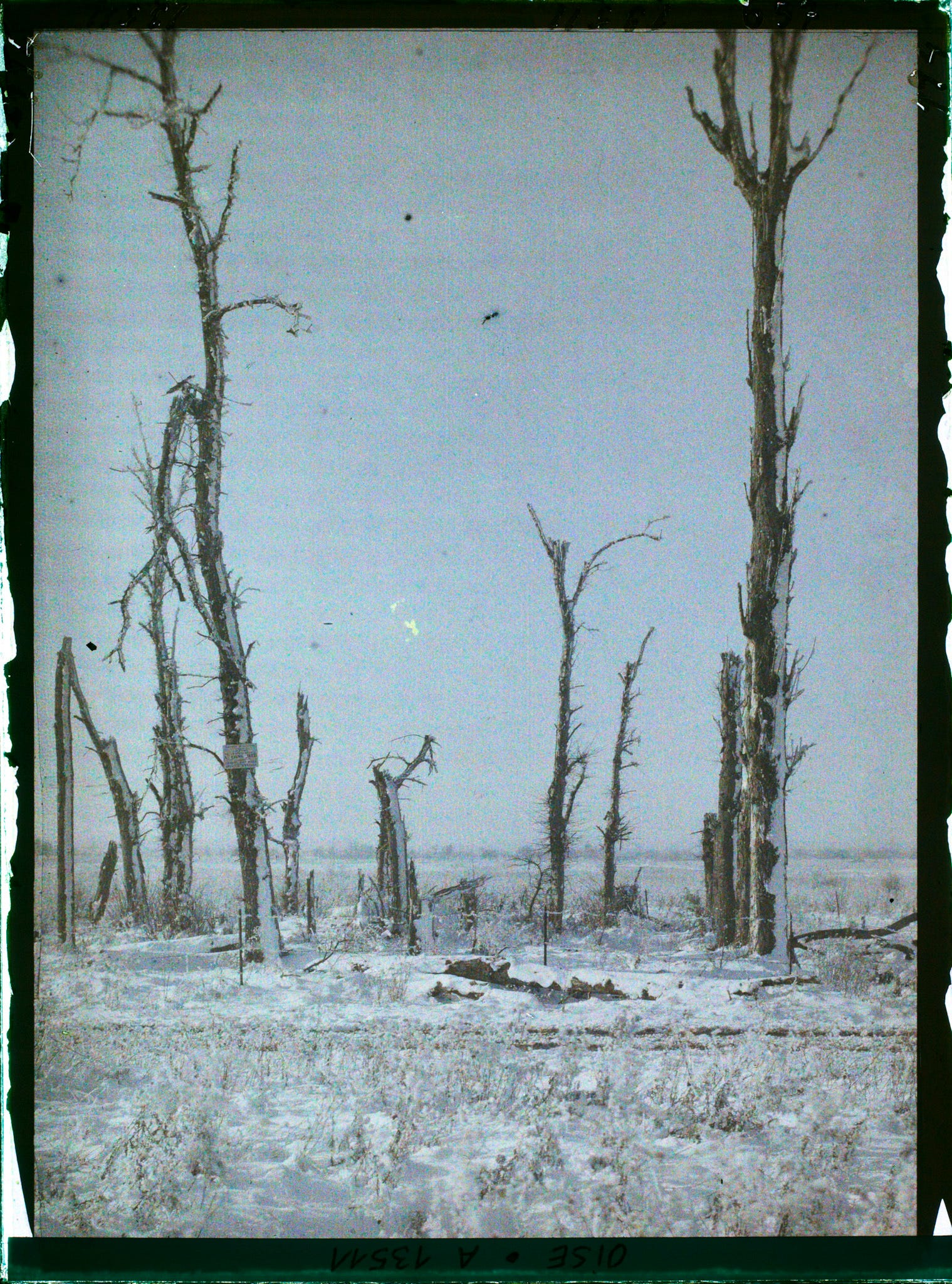
Registration is now open for the 2026 PKP AGM! Discover the latest in PKP community-driven achievements, connect, and shape the future of open access. Please join us on Wednesday May 27th 2026, at 8 AM PDT. The Public Knowledge Project (PKP) continues to grow and thrive thanks to the collaboration, innovation, and global support of […] The post You are Invited to PKP’s 2026 Annual General Meeting appeared first on Public Knowledge Project.






